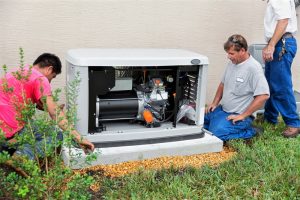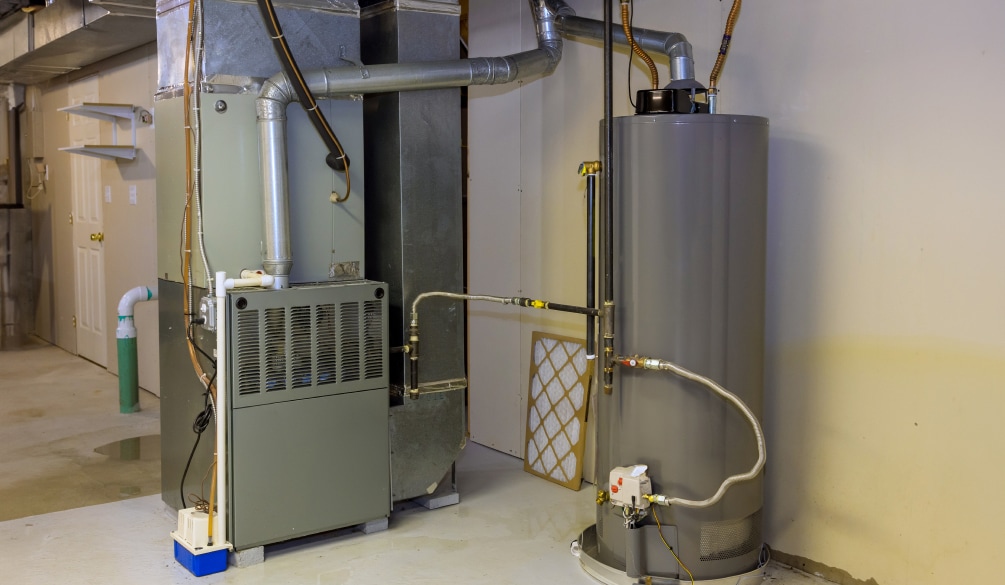Consider This Before Installing a Whole-House Generator

An automatic standby generators, also known as whole-house generators, are truly lifesavers when it comes to a disaster. They’ll keep homes and buildings running for days at a time until power returns.
Before investing in such a piece of equipment, though, it’s important to understand one’s own expectations of the system in order to purchase the right kind.
Whole-House or Just Part of the House?
Establishing how much power the home needs before installing the generator is crucial. While powering the whole house may seem like the obvious choice, it’s not best for everyone’s needs.
In order to power the entire house, the budget has to be considered. Homes have different demands for power depending on the season, so it’s important that all the calculations are performed with the help of an electrician who specializes in whole-house generator installation in Briarcliff Manor.
Alternatively, generators can be installed to output emergency loads instead of for powering the entire home.
Factoring in Maintenance
Although many homeowners will try to get away without having maintenance performed on their furnaces or air conditioners, the generator is not a system that can have its maintenance skipped. Having regular maintenance performed is half of owning a whole-house generator.
The worst possible time to have the generator stop working is right when it’s needed the most. Neglecting maintenance makes the odds of that happening much greater.
In addition to the maintenance, make sure to run the generator every few months to see that it’s still operating properly.
Fuel Type
The type of fuel used by the generator makes all the difference in how it is used. Some fuels require preparation beforehand, such as knowing how much to buy and where to store it. On the other hand, some fuels can be stored in large containers or linked directly to their fuel source.
- Diesel: Diesel fuel will be easier to find during an emergency since it’s also used by the military, farms, and the trucking industry. The road taxes associated with gasoline can also be avoided when purchasing diesel. The downsides, however, include needing to designate storage for the fuel, using that fuel within the shelf life of 18 to 24 months, and factoring in emissions. Some areas are strict about how long diesel fuel engines are allowed to operate.
- Propane: Available in both liquid and vapor. Propane has a longer shelf life than diesel but requires storage in large tanks, ranging from 5 to 10 gallons. Propane is usually available from gas stations even during a power outage since they don’t require electricity, unlike the gas pumps.
- Natural Gas: This is where whole-house generators truly shine. Having a connection to natural gas means there’s no need to refuel the generator. It also burns cleaner than diesel and runs quieter. The only drawback of these systems is that they can become damaged or unusable in the event of an earthquake. And even though natural gas is an inexpensive fuel source, they don’t generate as much energy as diesel and propane.







